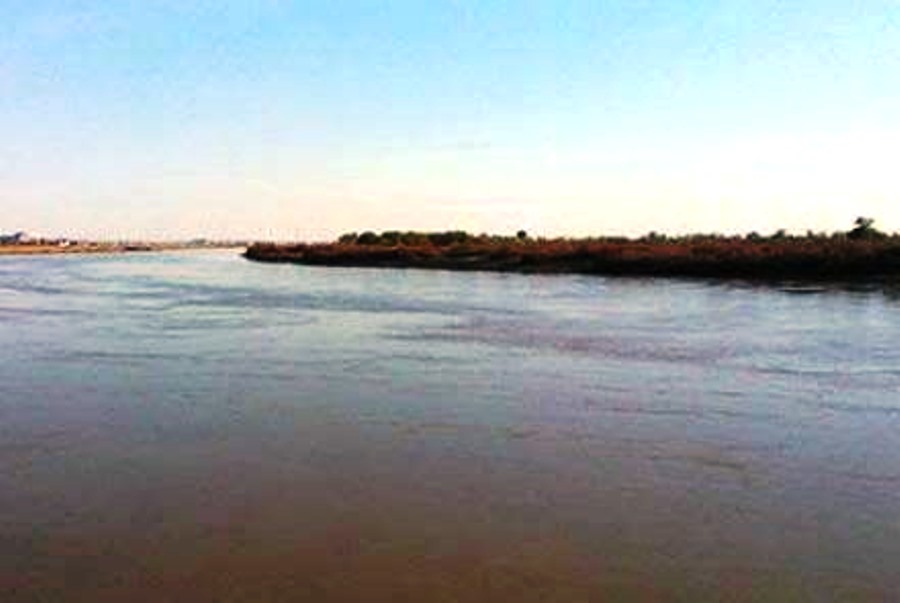The Islamic Emirate said that Afghanistan has the right to use Amu River water in the Qosh Tepa Canal.
The Islamic Emirate spokesperson, Zabiullah Mujahid, emphasized that Kabul and Tashkent have friendly relations and that Uzbekistan also supports the prosperity of Afghanistan.
“We do not take even a drop of water from other nations because we not need it and do not wish to take it. Hence, no country will be worried about this, and we have good and friendly relations with Uzbekistan. And we believe they support Afghanistan’s growth and standing on its feet and they work with us in this area,” Mujahid said.
However, the Economist said in a report that with the completion of Qosh Tepa Canal, there is a possibility of tensions in the region regarding the use of Amu River water.
According to some analysts, Afghanistan has not been allowed to use the Amu River’s water due to continuous wars, hence using this river’s water in the Qosh Tepa Canal is a right of the country.
“I hope that Uzbekistan, a friendly nation, respects the rights of its neighbor. I don’t think that the implementation of this project would lead to any tension or confrontation between Uzbekistan and Afghanistan,” said Hamidullah Yalani, the former director of Afghanistan’s water supply.
“Because Afghanistan is the Amu River’s neighbor and a portion of the water in the river originates from Afghan soil, Afghanistan has the right to use the water from the Amu River. But, Afghanistan has not been given the opportunity to use the Amu River’s water because of the continuous conflicts,” said Najib Aqa Fahim, an expert on water issues.
The first phase of the Qosh Tepa Canal, according to the National Development Company, will be finished in the early months of 1402, with 54% of the construction already done (Solar year).
“The construction of the first phase of the canal is 54 percent completed,” said Navid Ahmad Rabbani, head of engineering at the Helmand Directorate of the National Development Company.
The Economist recently reported that the completion of the Qosh Tepa Canal would result in less water flowing down the Amu River, which will help farmers in Afghanistan but hurt Uzbekistan’s cotton industry.
